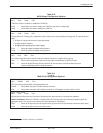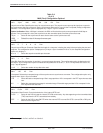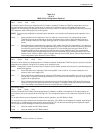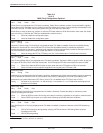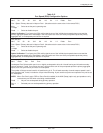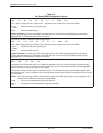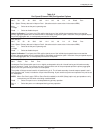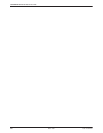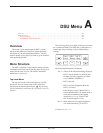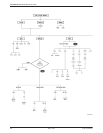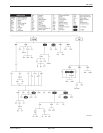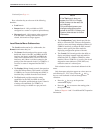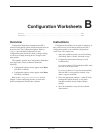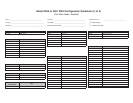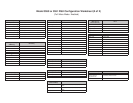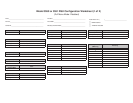
A-13550-A2-GB20-30 March 1999
DSU Menu
Overview A-1. . . . . . . . . . . . . . . . . . . . . . . . . . . . . . . . . . . . . . . . . . . . . . . . . . . . . . . . . . . . . . . . . . . . . . . . . .
Menu Structure A-1. . . . . . . . . . . . . . . . . . . . . . . . . . . . . . . . . . . . . . . . . . . . . . . . . . . . . . . . . . . . . . . . . . . . .
Top-Level Menu A-1. . . . . . . . . . . . . . . . . . . . . . . . . . . . . . . . . . . . . . . . . . . . . . . . . . . . . . . . . . . . . . . . .
Local/Remote Menu Subbranches A-4. . . . . . . . . . . . . . . . . . . . . . . . . . . . . . . . . . . . . . . . . . . . . . . . . . . .
Overview
This menu is your map through the DSU’s various
functions and pathways. Compare it against the menus
that appear as you move through procedures. You will
learn to quickly access where you want to go on the menu
when operating the DSU.
Menu Structure
The DSU’s operation is represented as menu selections
that branch downward from its starting point, the top-level
menu, like the roots of a tree. The menu is sometimes
referred to as a menu tree.
Top-Level Menu
The top-level menu is the starting point for all DSU
operations. You can always return to this point from
anywhere in the menu by pressing the key. Pressing
this key immediately terminates any operation or work in
progress.
The following shows an example of the top-level menu
for a standalone Model 3550 DSU that is configured as a
control operating at 9.6 kbps, with an NMS message
waiting.
F1
Port1 DSU 9.6 C
Local Remot Msg
F2
F3
The following information is displayed:
Line 1 – Source of the information being displayed
– DSU’s current function or mode (In this
example, the unit is operating as a DSU,
not as a DBM or TDM/Flex.)
– DSU’s data rate
– DSU’s network designation (Here the
DSU is a control.)
If this display was for a Model 3551 (a
carrier-mounted DSU), the carrier (nest or
rack) and slot numbers would appear
instead of Port 1 (e.g., Carrier 2 and
Slot 16 would appear as 2:16).
Line 2 – Menu selections, one appearing directly
over each function key (F1 and F2).
Continued on Page A-4.
A



